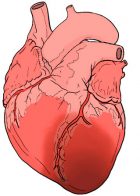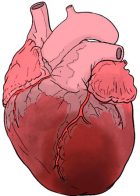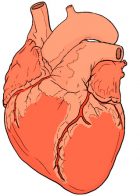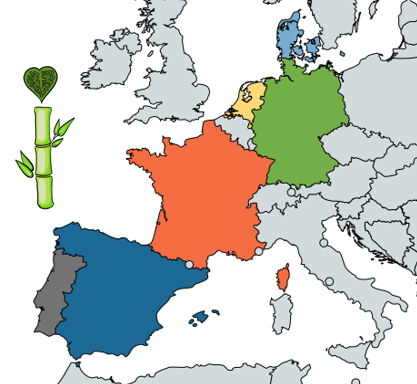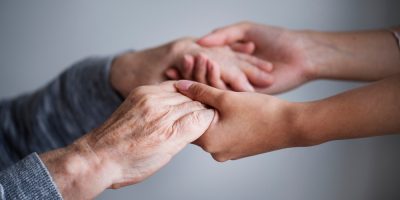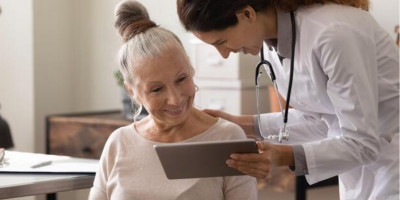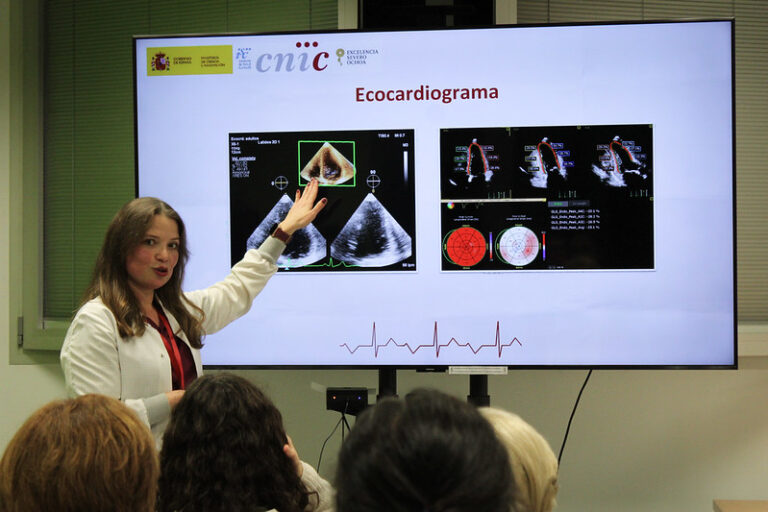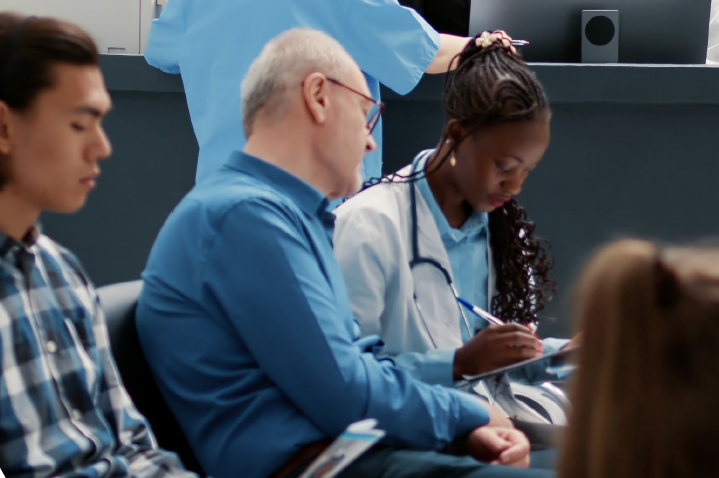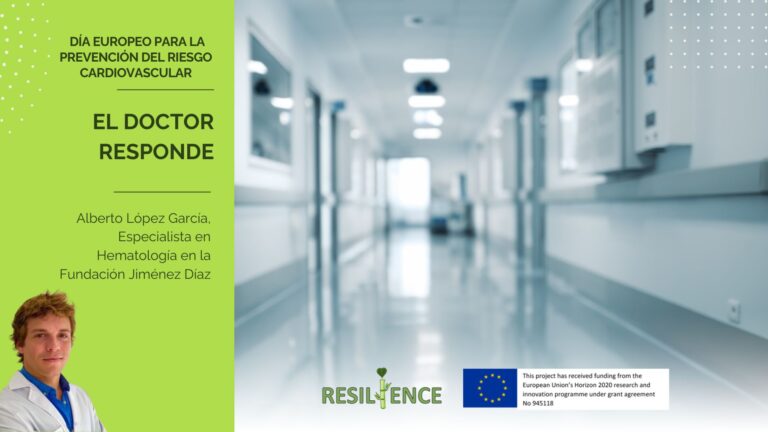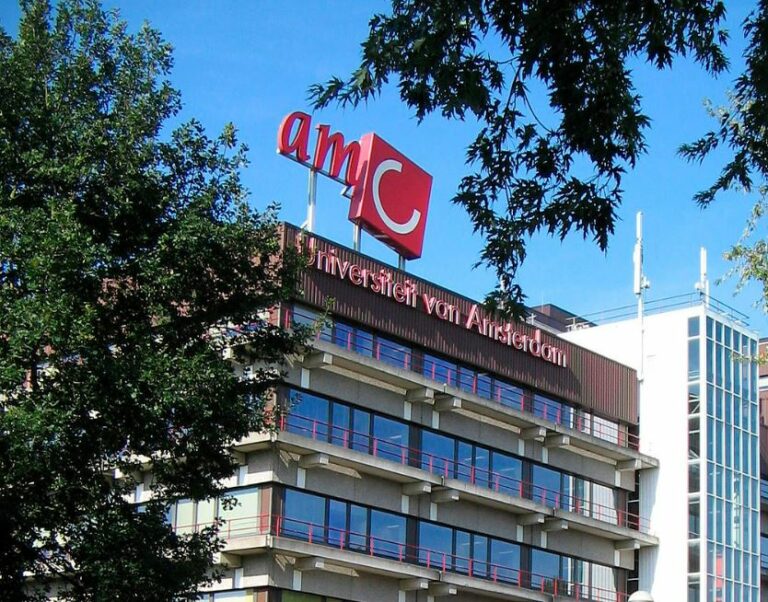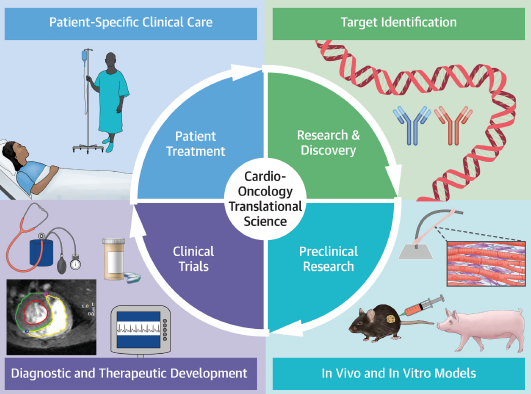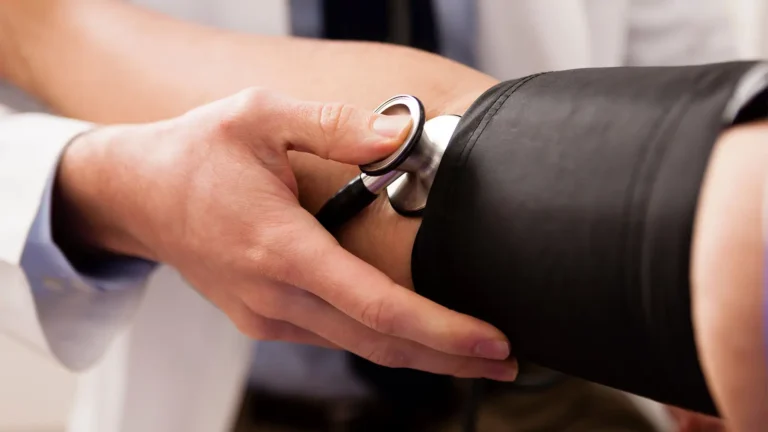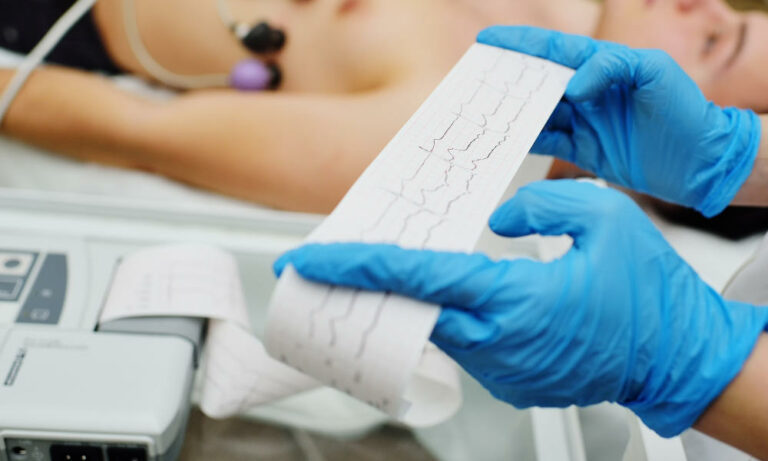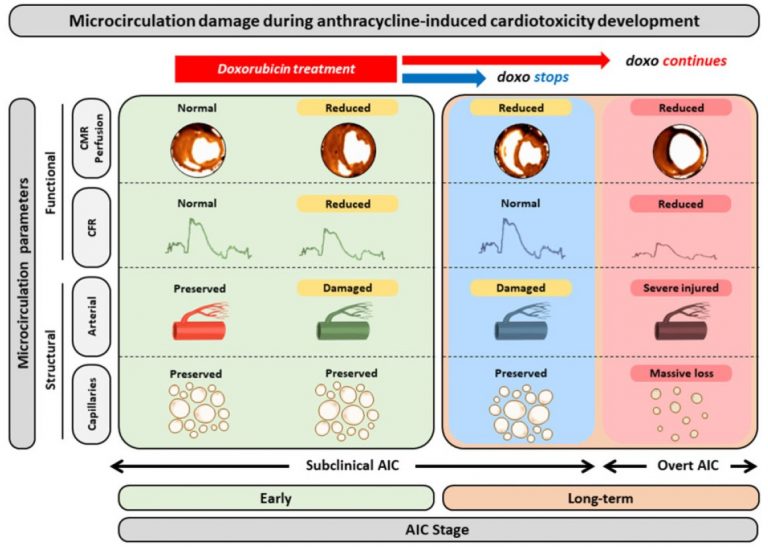Interview with Alberto López-García – Fundación Jiménez Díaz University Hospital (IIS-FJD)
Alberto is a young researcher leading an important part of the project. Alberto represents the young community of the project. One of the goals of RESILIENCE is to identify the European leaders of the future.
- Could you tell us a bit about yourself?
I obtained my Bachelor of Medicine degree from the Complutense University of Madrid and specialized in hematology at Clínico San Carlos University Hospital. Since then, I obtained University Master’s degree in Lymphoma and Bone marrow transplantation at the CEU San Carlos University and Valencia University respectively.
I specialized in the treatment and diagnosis of patients with lymphoma in Fundación Jiménez Díaz University Hospital and since then, Cardio-oncology has been one of my fields of interest, presenting my first project of Cardiac toxicity of Anthracyclines in older patients with lymphoma in the annual American congress of Hematology (ASH) in 2019. As a result, I obtained my certification in cardio-oncology by ICOS in 2021 and I am currently pursuing an University degree in Cardioncology at the CEU San Carlos University.
- Could you tell us more about your organization?
Fundación Jiménez Díaz University Hospital is the very first of the 18 centers along 6 European countries to be involved in RESILENCE project. Our institution is a center of reference for the diagnosis and treatment of lymphoma patients, with more than 20 clinical trials available and ongoing for patients with different lymphoproliferative disorders, led by Dr. Raúl Córdoba.
Our institution is remarkable for the multidisciplinary approach toward the patients with lymphoma, with the involvement of geriatricians, cardiologist, hematologists, pathologists, radiologists, pharmaceutics, endocrinologists and dermatologists, synchronized to find the best options to our patients.
Furthermore, we use telemedicine tools such as “patient’s portal” to have a direct, personalized and more fluent communication with our patients.
- What is your role in the project?
My first collaboration in the field was within the ERC-CoG project “MATRIX”, led by the cardiologist Borja Ibáñez. Within MATRIX, we performed cardiac tissue characterization in patients exposed to anthracyclines for early diagnosis of cardiotoxicity. Results arising from that project set the grounds to establish the RESILIENCE project where I also collaborated in the creation of the design of the RESILIENCE data platform related to lymphoma.
Since then, my main role is to serve as a connection between cardiologists and hematologists, identifying patients in lymphoma multidisciplinary board and coordinating the work of the rest of the team in Hematology.
Since our institution has been the first center recruiting patients in this trial, I am in charge of supporting the other centers in Spain who are going to participate in the project, helping them identifying potential areas for improvement.
- What is the best part of your work in RESILIENCE?
The best part of working with such an outstanding team is the possibility to increase my expertise in Cardio-oncology and to belong to one of the biggest and more ambitious projects for improvement in quality of life and survival in lymphoma patients.
- Why is RESILIENCE such an important project for you?
Lymphoma treatment based on anthracyclines is nowadays the best option for the most of our patients, sometimes with healing intent, but still finding toxicity due to the therapy. Current approach cannot identify patients in cardiotoxicity risk and furthermore, we don’t have available effective interventions to try to prevent it.
The identification of subclinical biomarkers and mainly, interventions that can reduce the incidence of cardiotoxicity is an unmeted medical need. RESILIENCE is trying to solve it, making this project very important to me.
- What is your goal? What do you want to achieve?
My goal with Resilience is not only to improve the life expectancy of patients with lymphoma but also to improve their quality of life.
On the other hand, this project is going to be a further step in my expertise in cardiotoxicity also opening me up a huge network of people with my same interests around Europe.
- How are you going to do that?
With hard work, an ambitious attitude and the main ingredient… RESILIENCE.

